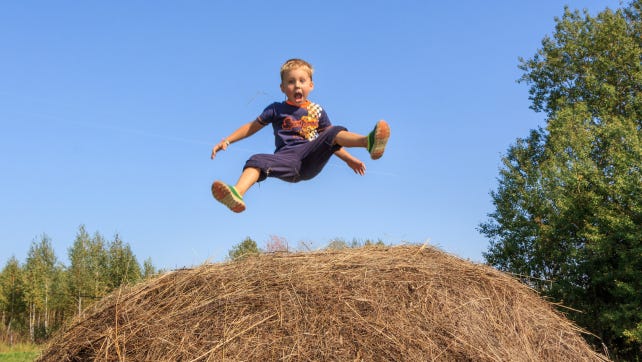Neighborhoods that Nurture: Why The Play-Based Childhood Requires More Than Just Putting Down the Phone
afterbabel.com
Neighborhoods that Nurture: Why The Play-Based Childhood Requires More Than Just Putting Down the Phone


kev and added
The intrusion of smartphones and social media are not the only changes that have deformed childhood. There’s an important backstory, beginning as long ago as the 1980s, when we started systematically depriving children and adolescents of freedom, unsupervised play, responsibility, and opportunities for risk taking, all of which promote competence,
... See moreSarah Wong added

Keely Adler added